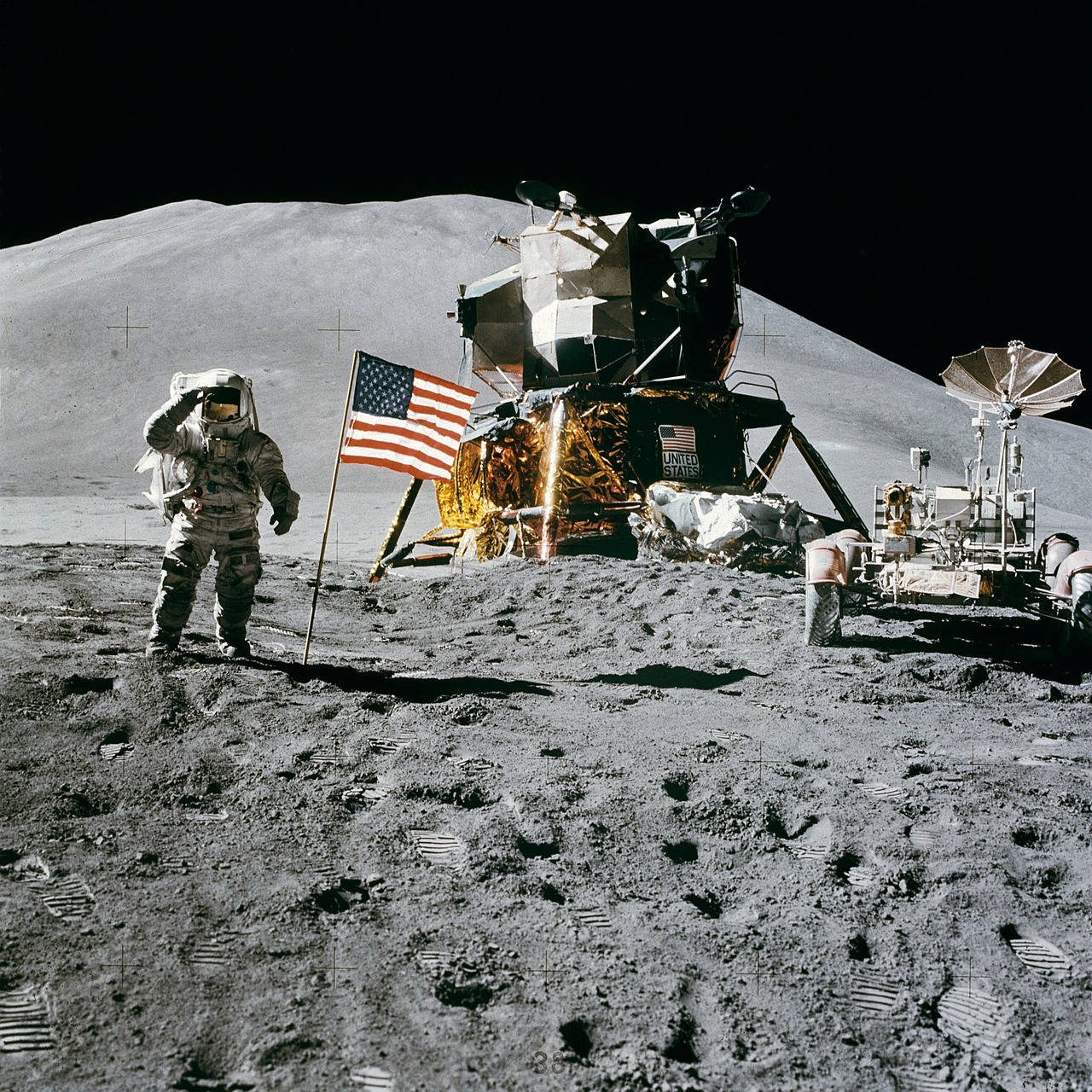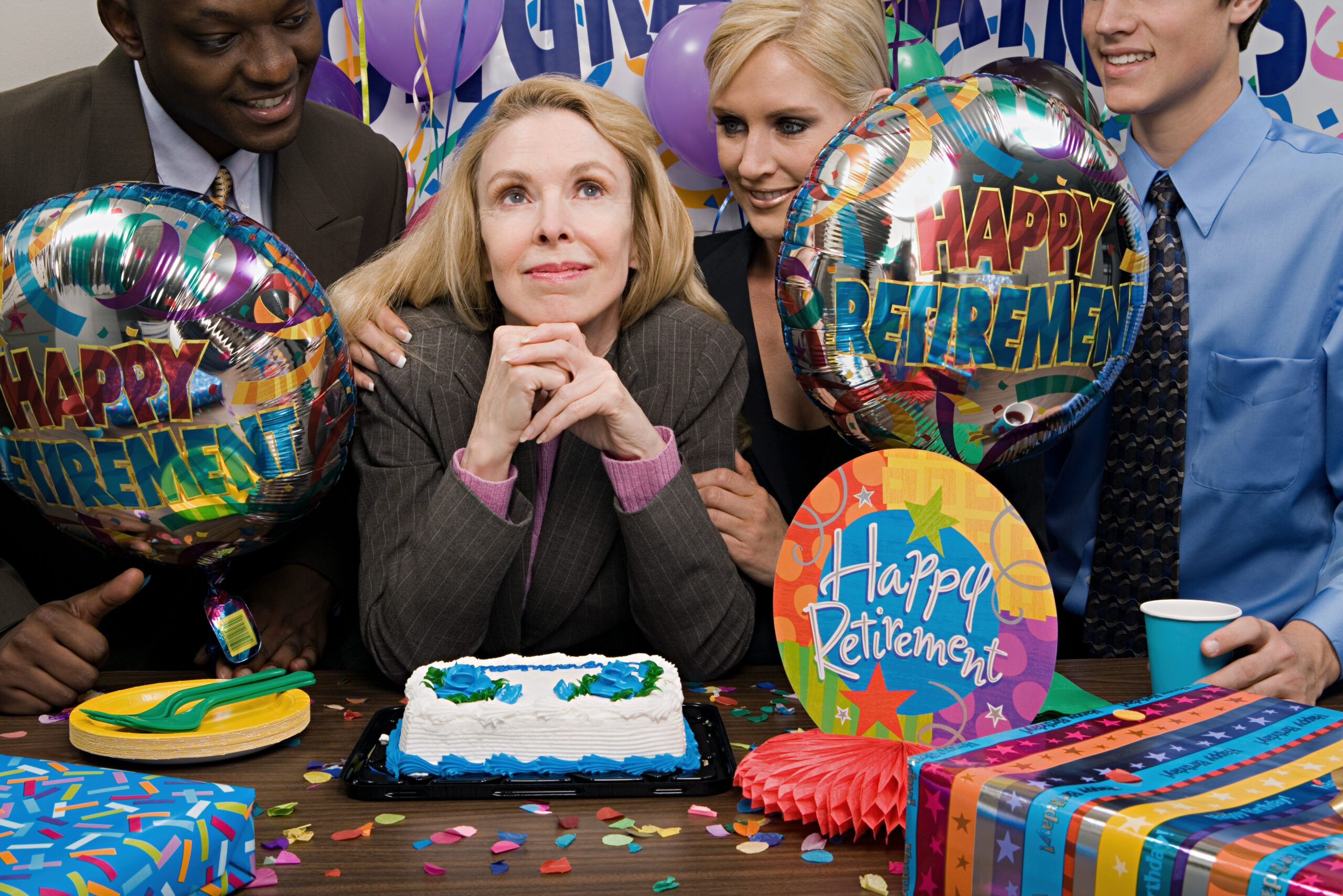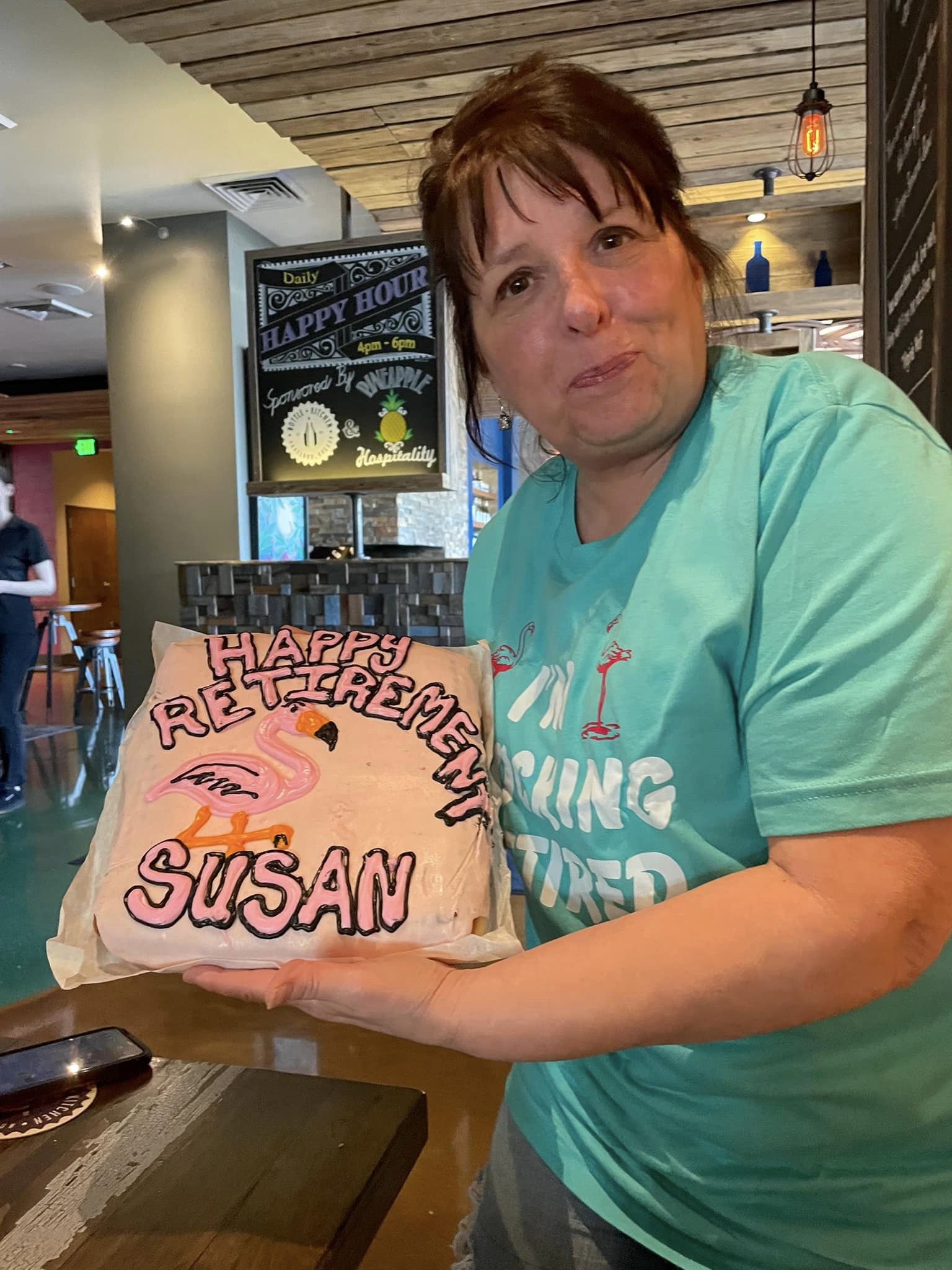How We Baby Boomers Are Shaping the Future
As part of the Baby Boomer generation, I can’t help but reflect on the major shift we’re witnessing. We’re not just stepping away from the workforce; we’re creating a ripple effect that’s reshaping the world around us. With so many of us heading into retirement, it’s more than a personal milestone—it’s like watching a societal shift unfold in real-time. From pension plans to a growing demand for senior services, the impact is felt in every corner of society. Whether you’re like me, nearing or already in retirement, or you’re from a younger generation watching this wave roll in, it’s clear that we Boomers are still shaping the world, even as we step away from work.

Understanding Us Baby Boomers
We’ve been a force to be reckoned with not just in size; in 2023, there are approximately 70 million Baby Boomers in the U.S. but in influence. We’ve helped shape society as we know it, and now, as we approach retirement, it’s worth looking back at who we are and what we’ve contributed.
Our Demographics
Born between 1946 and 1964, we Baby Boomers emerged in the post-World War II period. This was a time of optimism and growth. This era saw a significant spike in birth rates, leading to a generation often discussed in terms of its masive size. Around 76 million of us were born in the U.S. alone! Millions of us are still out there, many holding essential roles in industries across the board. But what makes us so fascinating isn’t just our numbers; it’s how we’ve weathered the changes of each decade.

Our Cultural Impact
When I think about my teenage years, I remember the Beatles’ music and the Vietnam War’s tumult, two cultural cornerstones that defined my generation. We were part of the civil rights movement and witnessed humanity’s first steps on the moon. As adults, we adapted to the rise of technology, from the early days of personal computers to the internet, which changed everything. Our influence wasn’t limited to pop culture—we reshaped family life, political movements, and the very fabric of our society.

Economic Contributions
Before retirement, we Baby Boomers were the backbone of the economy. We shaped industries with our drive and determination. Our generation contributed to everything from suburban growth to technological breakthroughs. We held leadership positions, guided corporate culture, and made major investments in real estate and the stock market. Now, even as many of us retire, our financial influence remains strong. The question is: what will future generations learn from our journey?

Why We’re Retiring
As each of us Baby Boomers decides when it’s the best time to hang up our work hats and start the next chapter of our lives, there are many factors to consider. Health, finances, and lifestyle all play key roles in this decision-making process. Whether it’s dealing with health challenges, evaluating financial readiness, or simply wanting more time for personal pursuits, these factors guide us in choosing the right moment to transition into retirement. Here’s a closer look at why so many of us are stepping away from the workforce.

Health Considerations
Let’s face it—health becomes a bigger issue as we age. Many of us are dealing with chronic conditions like diabetes, arthritis, or heart problems. Modern medicine helps us live longer, but with that comes the need for more medical care, which can influence our retirement decisions. Rising healthcare costs and physical limitations often push us to retire sooner than we might have expected.
Financial Stability
The financial landscape for retirement is a mixed bag for our generation. Some of us have saved well through pensions, 401(k)s, and personal investments, but many felt the sting of the 2008 financial crisis, which affected retirement savings. Social Security is a lifeline for many of us, though there’s always concern about its long-term viability. And let’s not forget that we’re entering retirement with more debt than previous generations—mortgages, credit card debt, and even student loans for our kids.

Lifestyle Changes
For me, the thought of pursuing passions I’ve put off for years—whether it’s traveling or simply spending more time with family—drove my retirement plans. Many of us are relocating to places with better weather or lower costs of living. After decades of work, we’re more than ready for a better work-life balance, prioritizing rest and rejuvenation over career demands.
Our Impact on the Workforce
As we Boomers retire, the workforce is facing significant changes. Some industries are already feeling the pinch of labor shortages, and this shift will bring about both challenges and opportunities.

Labor Shortages
Our exit leaves gaps in the healthcare, manufacturing, and education sectors. These industries often rely on seasoned professionals and are now scrambling to find replacements. But it’s not just about filling positions; it’s about ensuring new workers have the skills and experience to carry the torch forward.
Knowledge Transfer
One of the biggest concerns I hear is about the loss of knowledge as we leave the workforce. Many of us have decades of experience that can’t just be replaced overnight. Companies are working on mentorship programs and training to ensure the next generation learns from our successes and mistakes.

Changing Workplace Demographics
With younger generations taking over, workplaces are bound to change. Millennials and Gen Z bring a different approach, favoring technology and flexibility. They’re pushing for remote work and more flexible hours, which is a stark contrast to the traditional 9-to-5 model many of us were accustomed to.
Economic Implications of Our Retirement
Our retirement doesn’t just affect the workforce—it has a massive impact on the economy. From social security to consumer spending, the ripple effects are everywhere.

Social Security and Pension Systems
As more of us retire daily, social security and pension systems are under pressure. Nearly 10,000 Boomers retire daily, and whether these systems can keep up looms large.
Consumer Spending
Our spending habits are changing, too. Now that we’re retired, we’re shifting our focus to healthcare, travel, and leisure. Gone are the days of splurging on luxury goods—we’re more interested in experiences than possessions at this stage of life.

Healthcare Demands
As we age, our need for healthcare increases. This puts pressure on an already strained system, and costs are skyrocketing. Will the healthcare system be able to meet these rising demands, or will it buckle under the weight?
Looking Ahead: Preparing for the Future
Our generation’s transition into retirement is more than just a shift in numbers—it’s a call for change. Companies need to plan for the future by focusing on succession planning, training younger employees, and embracing flexible work arrangements.

Succession Planning
It’s crucial for businesses to have a plan for when we retire. By grooming the next generation of leaders, companies can ensure a smooth transition and keep operations running without missing a beat.
Training and Development
Younger employees will need to step into our shoes, and that requires serious investment in training and mentorship. Offering workshops, e-learning, and one-on-one mentoring will help pass down the skills and knowledge we’ve accumulated.
Flexible Work Arrangements
If companies want to attract younger talent, they’ll need to embrace flexibility. Work-from-home options and flexible hours are now the norm for many industries, and it’s a change that’s here to stay.

My Final Thoughts
Our retirement isn’t just the end of an era—it’s the beginning of a new chapter for the workforce, the economy, and society. The challenges ahead are significant, but so are the opportunities. Whether it’s labor shortages or economic shifts, the future is all about how we adapt. As we move into this new phase, the lessons we’ve learned as Baby Boomers will continue to shape our world. The question is, how ready are we to embrace these changes and move forward?
Until next time, Surviving

